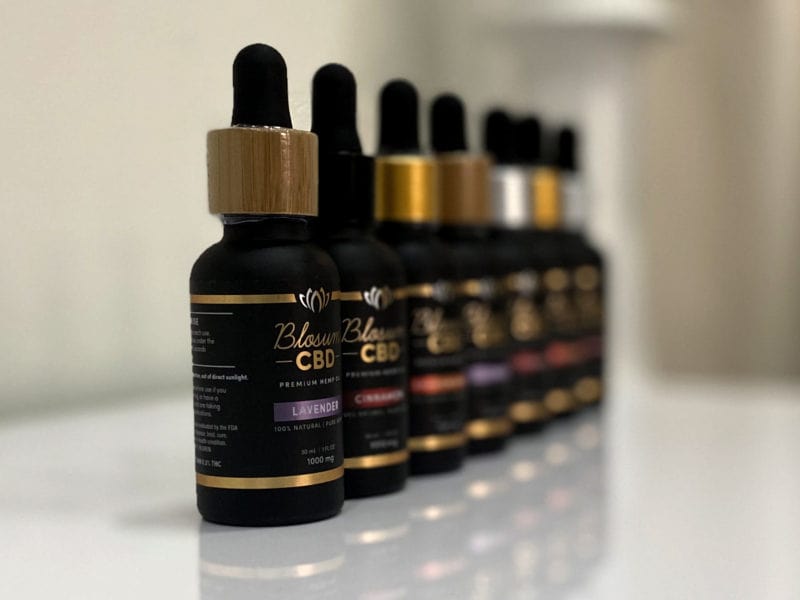Does CBD have Side Effects?
Although CBD produces a positive effect in most users, some people experience side effects. The most common are dry mouth, mild dizziness and headaches. But diarrhea and a drop in blood pressure can also be experienced. Find out more about these effects, why they occur, and how to avoid them.
In just a few years, CBD has gone from being a relatively unknown hemp compound to a world-famous molecule. Today, it can be found in oils, cosmetics, dried flowers, concentrates, and even foods; CBD is almost everywhere.
Despite the popularity of this non-psychotropic cannabinoid, many consumers, both first-time and veteran, harbor questions related to CBD’s effects and how long it lasts. Among these questions are concerns about possible side effects and its interactions with other medications and diseases. In this article you will find everything you need to know about the side effects of CBD oil, who they affect, and how long they last.
What is CBD?
CBD, or cannabidiol, is present in the trichomes of hemp and hemp plant matter, mainly in the flowers. Along with more than 100 cannabinoids and 200 terpenes, this substance contributes to the great chemical complexity of the hemp plant.
Before CBD became so popular, hemp was almost exclusively associated with the psychotropic compound THC, and was largely considered a recreational drug. However, the growing popularity of CBD has helped pave the way for hemp to become more widely accepted in society. Headlines about its purported health benefits, coupled with the absence of psychotropic effects, have made it a very attractive supplement for millions of people around the world.
CBD does not produce psychotropic or intoxicating effects.
Unlike its psychotropic partner THC, CBD does not produce mind-altering effects. However, both molecules interact with the human body in a similar way, through the endocannabinoid system (among other mechanisms).

The endocannabinoid system (ECS) has a regulatory function within the human body, and helps balance our biological systems. It is composed of receptors, enzymes, and our own internal endocannabinoids. The two main receptors of the SEC are CB1 and CB2. THC binds directly to CB1 receptors in the central nervous system, resulting in its psychotropic effects.
In contrast, CBD does not bind as readily to either of these receptors. Instead, it strives to preserve our own endocannabinoids, such as anandamide, by preventing their breakdown by enzymes. CBD also produces unique effects through other mechanisms, such as serotonin receptors.
CBD is generally well tolerated
Thanks to its low toxicity and the absence of psychotropic side effects, medical authorities such as the World Health Organization consider CBD to be a well-tolerated molecule with a good safety profile. Furthermore, the WHO admits that CBD presents a very low to no risk of abuse or dependence. Generally, CBD is well tolerated by healthy people; regardless of other medications.
Does CBD produce serious side effects?
Although it lacks the intoxicating character of THC, CBD can produce side effects in some users. But these reactions have nothing to do with the effect of the high. CBD sometimes causes mild side effects that are, for the most part, mere annoyances. Even vitamins, minerals and daily supplements are capable of producing minor side effects.
That said, this cannabinoid can also affect the metabolism of certain medications, which could subsequently cause serious problems.
Some consumers tolerate CBD without suffering any side effects, while others experience mild discomfort, such as dry mouth. CBD oil is also capable of causing more noticeable effects, such as dizziness, fatigue and low blood pressure. Check out the possible side effects of CBD below.
Follow their page to get more important information about the best cbd capsules uk.






